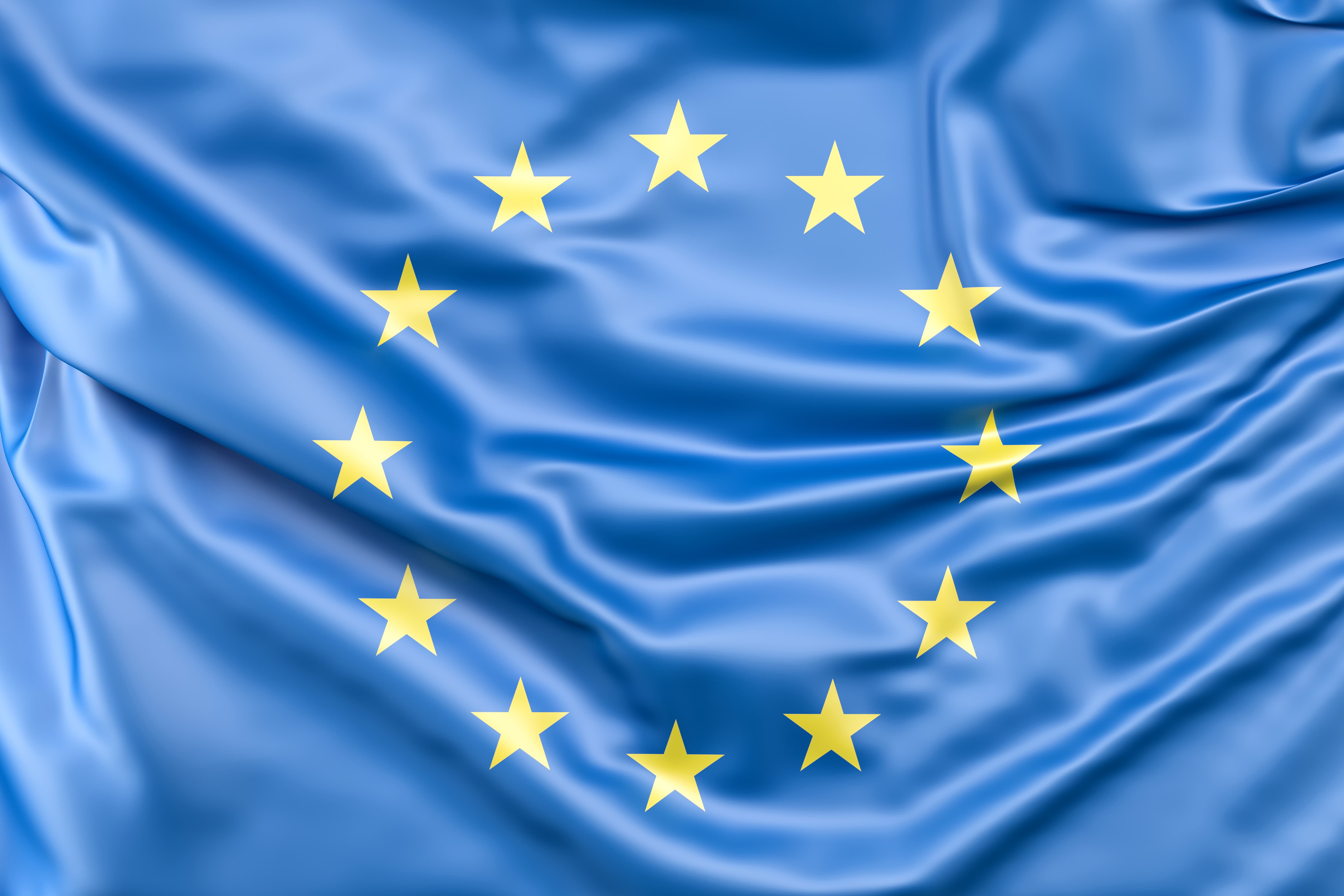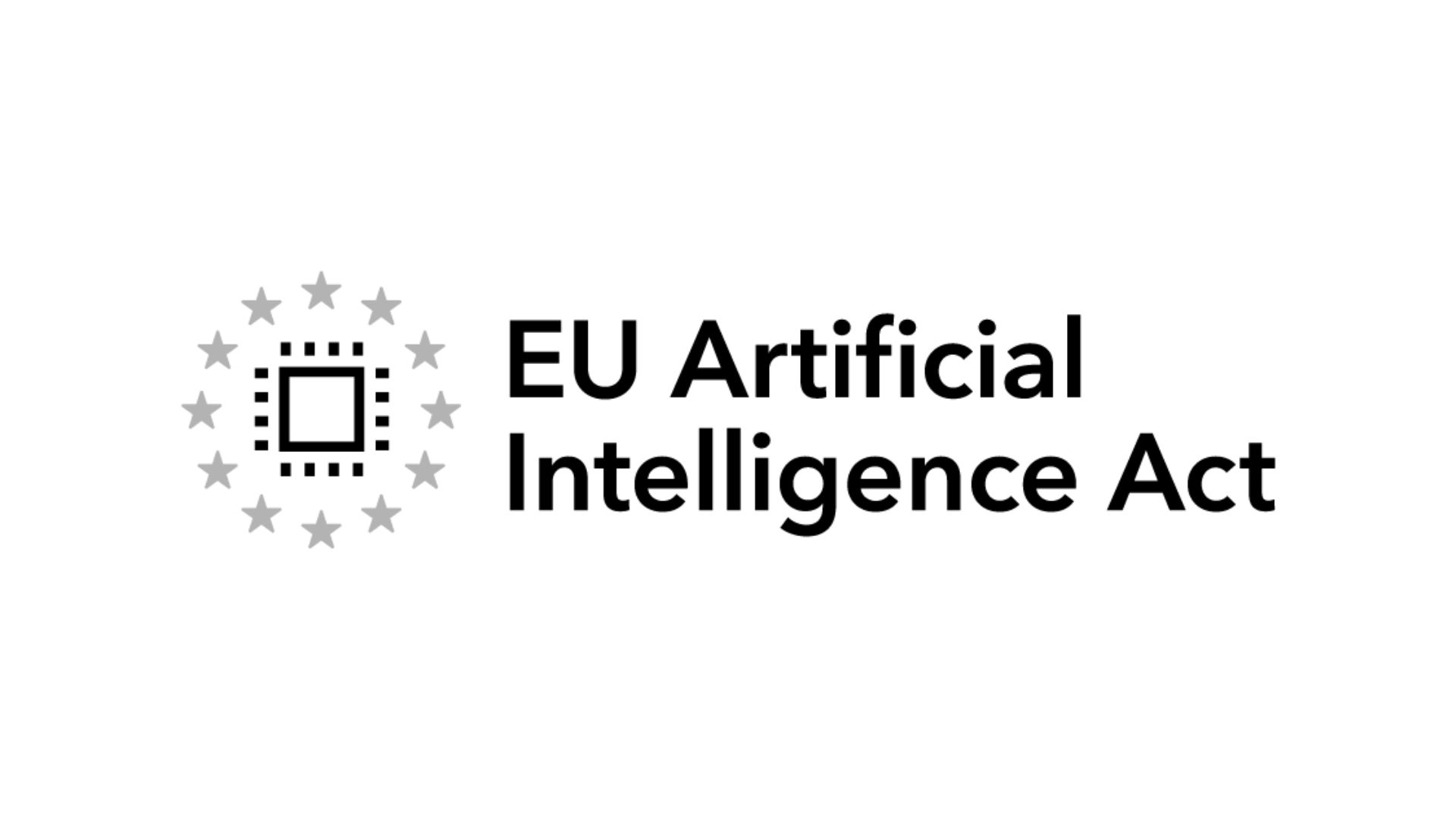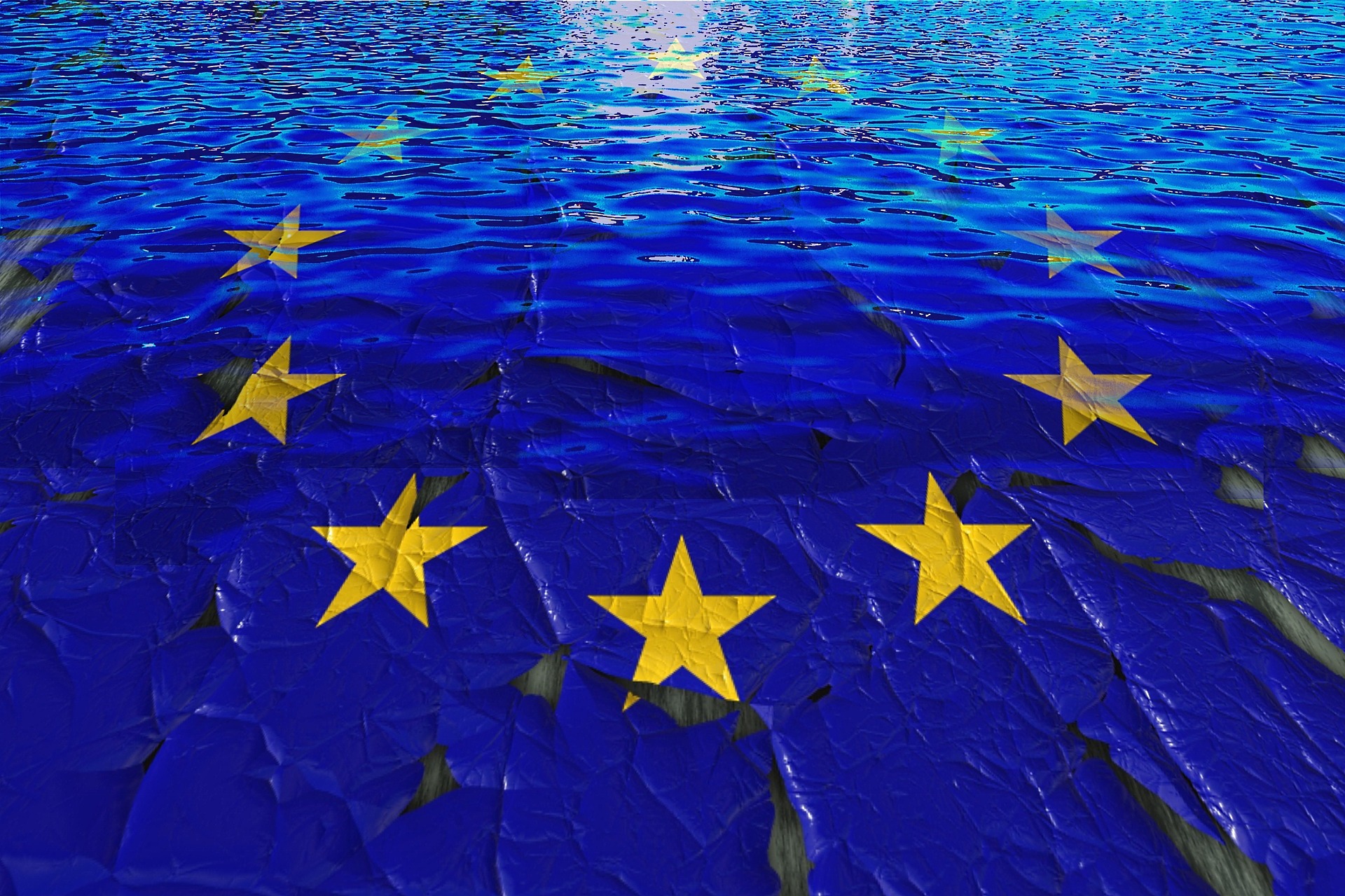EU policy debates intensified after Denmark abandoned plans for mandatory mass scanning in the draft Child Sexual Abuse Regulation. Advocates welcomed the shift yet warned that new age checks and potential app bans still threaten privacy.
France and the UK advanced consultations on good practice guidelines for cyber intrusion firms, seeking more explicit rules for industry responsibility. Civil society groups also marked two years of the Digital Services Act by reflecting on enforcement experience and future challenges.
Campaigners highlighted rising concerns about tech-facilitated gender violence during the 16 Days initiative. The Centre for Democracy and Technology launched fresh resources stressing encryption protection, effective remedies and more decisive action against gendered misinformation.
CDT Europe also criticised the Commission’s digital omnibus package for weakening safeguards under laws, including the AI Act. The group urged firm enforcement of existing frameworks while exploring better redress options for AI-related harms in the EU legislation.
Would you like to learn more about AI, tech and digital diplomacy? If so, ask our Diplo chatbot!










